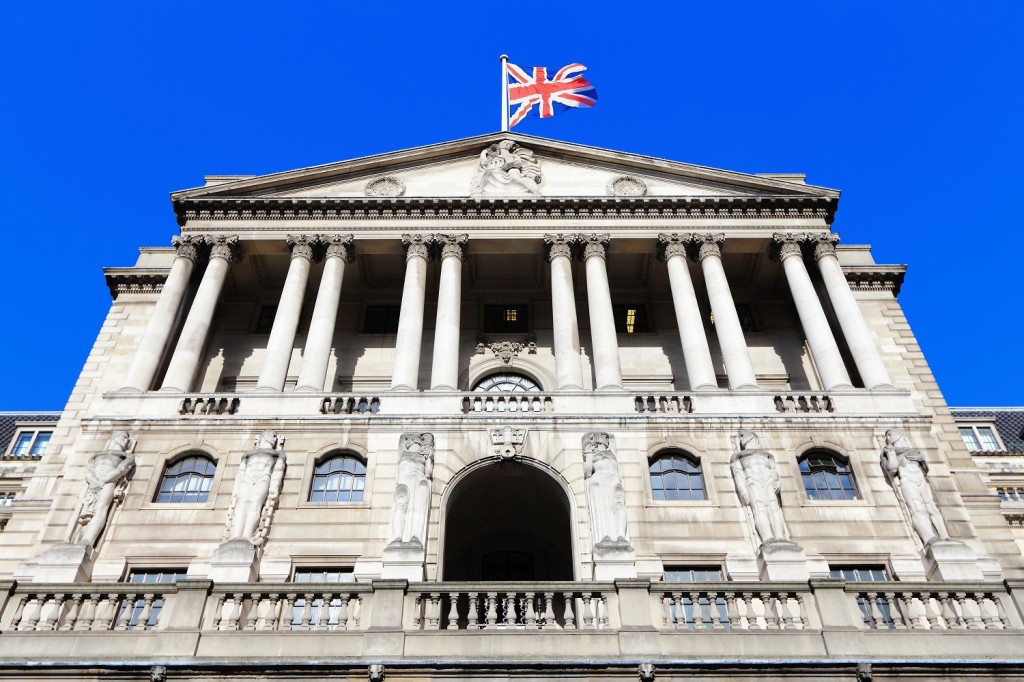Today is the Bank of England’s Super Thursday and if you are wondering what is so special about it and why should you care, here are a few notes explaining what does it mean. Three important announcements in one day Today the Bank announces its decision on the base rate, how members of its Monetary […]
Today is the Bank of England’s Super Thursday and if you are wondering what is so special about it and why should you care, here are a few notes explaining what does it mean.
Three important announcements in one day
 Today the Bank announces its decision on the base rate, how members of its Monetary Policy Committee have voted on a potential rate rise and how UK inflation has developed over the past quarter.
Today the Bank announces its decision on the base rate, how members of its Monetary Policy Committee have voted on a potential rate rise and how UK inflation has developed over the past quarter.
Releasing information on all three in one day is a first for the Bank, which until now had separate announcements on the base rate, committee minutes and inflation. The change is being made because Bank of England governor Mark Carney aims at more transparency.
The results are in
The Bank will maintain the base rate at the all-time low of 0.5 per cent, at which it has been since March 2009.
The Monetary Policy Committee voted 8-1 in favour of keeping the rate unchanged.
Inflation has fallen down to zero again in June 2015 mainly due to the low prices of energy, food and imported goods. Low domestic cost growth has also contributed to the decline.
The base rate and it’s relevance to mortgages
The Bank of England base rate is important for mortgage rates to a varying degree. In general, a rise in the base rate is expected to “ripple out” in the market and trigger a rise in bank interest rates. This means cheap mortgage deals like the ones currently on offer will be very hard to get or will not exist at all. Many experts have already urged borrowers to act quickly if they are planning to take out a new mortgage.
Dan Plant, consumer expert at MoneySuperMarket said that now is “prime time for those looking for a mortgage as there are still some great deals on the market” and explained that “the recent rate rise speculation is starting to make providers cautious, and this is being reflected in their offers.”
“We know choosing a mortgage can be confusing but if people can do it now, they avoid the risk of rates rising over the next few months. Many lenders allow mortgage holders to reserve rates available now for up to six months for a small fee, so even those who still have some time left on their current deal can benefit,” he added.
In his analysis of the Land Registry’s latest house price index, Brian Murphy, head of lending at Mortgage Advice Bureau, said:
“The mortgage price war has helped by making loan rates more affordable over the last 12 months, but with the Bank of England edging closer to a base rate rise, it is unlikely that such consumer-friendly rates will be a feature of the market for too much longer.
“Borrowers have gotten used to interest rates and house prices travelling in opposite directions for years and some may have been biding their time to see how low rates will go.
“Now a base rate rise is on the horizon, would-be buyers and re-mortgagers should act fast if they want to get the best deals.”
However, when it comes to mortgage rates there is no black-and-white explanation to what influences them. In a recent blog post the Council of Mortgage Lenders (CML) stresses that “although there is a relationship between Bank rate and wider interest rates, there are also many other influences on the pricing of a mortgage. Changing the Bank rate can set off a whole chain of other reactions that affect the may affect pricing of mortgages both directly, and indirectly.”
The CML projects that in the event of a Bank of England base rate rise “around half of existing mortgage holders and 90% of new mortgage borrowers won’t initially be affected by rising rates, as they’re on fixes.”
Borrowers on tracker-rate deals are the first to worry about a higher base rate.
The Monetary Committee’s vote
How the members of the Bank’s Monetary Committee have voted on a potential base rate rise is telling about future policy. A unanimous vote is good but opposite votes are an indication of uncertainty about future Committee decisions.
Inflation and the economy
The Monetary Policy Committee has once again stated it is setting policy to hit the target of 2 per cent inflation. This would help sustain economic growth and employment.
In the current climate, consumers need not worry about rising costs, according to Aegon UK’s investment director Nick Dixon.
“Robust wage growth and a strengthening economy look to have all but eradicated the threat of deflation, but the Bank of England still see low energy prices as putting downward pressure on their inflation forecast until at least the middle of next year. Coupled with an ongoing retail price war and a slowing global economy, there is still a long way to go before the Bank will get close to meeting the 2% inflation target. Consumers needn’t fear rising prices for a while to come yet,” Dixon says.














